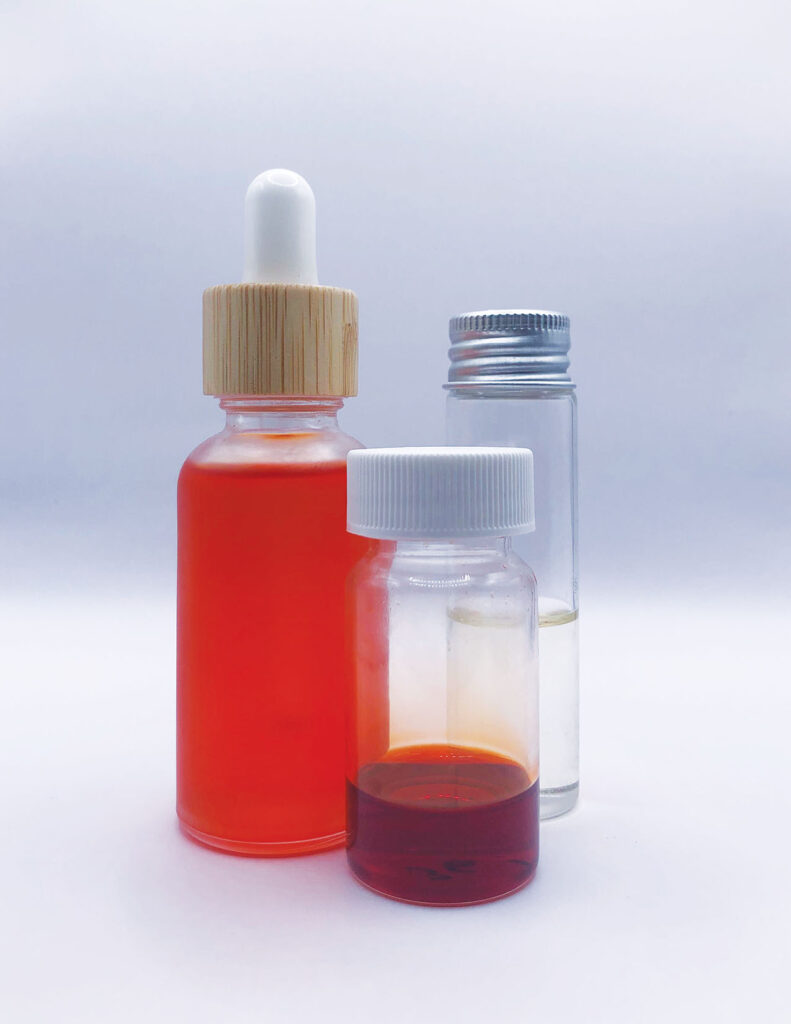Palm kernel oil is widely used in a broad range of food and household products. The world consumes 8 million metric tons of palm kernel oil per year, representing a $12 billion market. However, production results in environmental damage and increased greenhouse gas emissions. Scientists have turned to microbes that naturally produce oil as a potential way to make a more sustainable palm kernel oil equivalent. The Agile BioFoundry (ABF) and C16 Biosciences have collaborated with the goal of developing microbes to produce an alternative to palm kernel oil.

C16 Biosciences, a New York-based company, has been improving an oleaginous yeast that naturally produces a high level of commercially valuable oils. The company is already producing a palm oil alternative under their Palmless™ banner in 50,000 L tanks, but was looking to expand their capabilities in two main areas: developing sustainable alternatives to palm kernel oil and mid-chain fatty alcohols. Palm kernel oil contains high levels of mid-chain fatty acids, and these are rarely produced in nature. Mid-chain fatty alcohols are even rarer in nature, make up the majority of the global fatty alcohol market, and are used in various home and personal care products.
C16 Biosciences sought to collaborate with the ABF to produce both mid-chain fatty acids and fatty alcohols in an oleaginous yeast. “While we had independently established tools and methods to work with this yeast strain at C16 Biosciences, it was a valuable opportunity to collaborate with the national labs,” said Jeffrey Li, technical lead on the project at C16 Biosciences.
The collaboration resulted in the demonstration of novel metabolic routes to produce lipids containing mid-chain fatty acids as an alternative to palm kernel oil. About half of the world’s palm kernel oil is chemically processed to manufacture mid-chain fatty alcohols, and C16’s microbial manufacturing strategy lends a unique opportunity to directly synthesize the valuable substance.
“Collaborating on this project has been important for expanding our ability to manipulate the microbes and upgrade them, so we can improve the properties of the oil that we make,” Li said.
Each party brought complementary expertise and perspective to the table. “An important part of the project was establishing a cooperative dynamic between C16 Biosciences and the ABF toward efficient design-build-test-learn (DBTL) cycles,” Li said. “Both the C16 Biosciences and the ABF teams contributed toward the development of the microbes – leveraging the national labs’ testing platform and multi-omics capabilities, and C16 Biosciences’ experience in strain construction and perspective on commercial scale-up.”
The project built on ABF’s years of experience engineering oleaginous yeast, said ABF scientist Di Liu, PI of the project.
“We were able to leverage our findings from previous research in this area, as well as strains, protocols, data and methods we had already developed through ABF,” Liu said. “When this project began, we took what we had learned and started from there, so it saved a lot of time.”
“It’s been an amazing and productive collaboration, and I’m glad to have had the opportunity to work with all these amazing scientists at ABF,” Li said. “Our work together is transforming the oil we can make from yeast in order to address the palm kernel oil problem.”